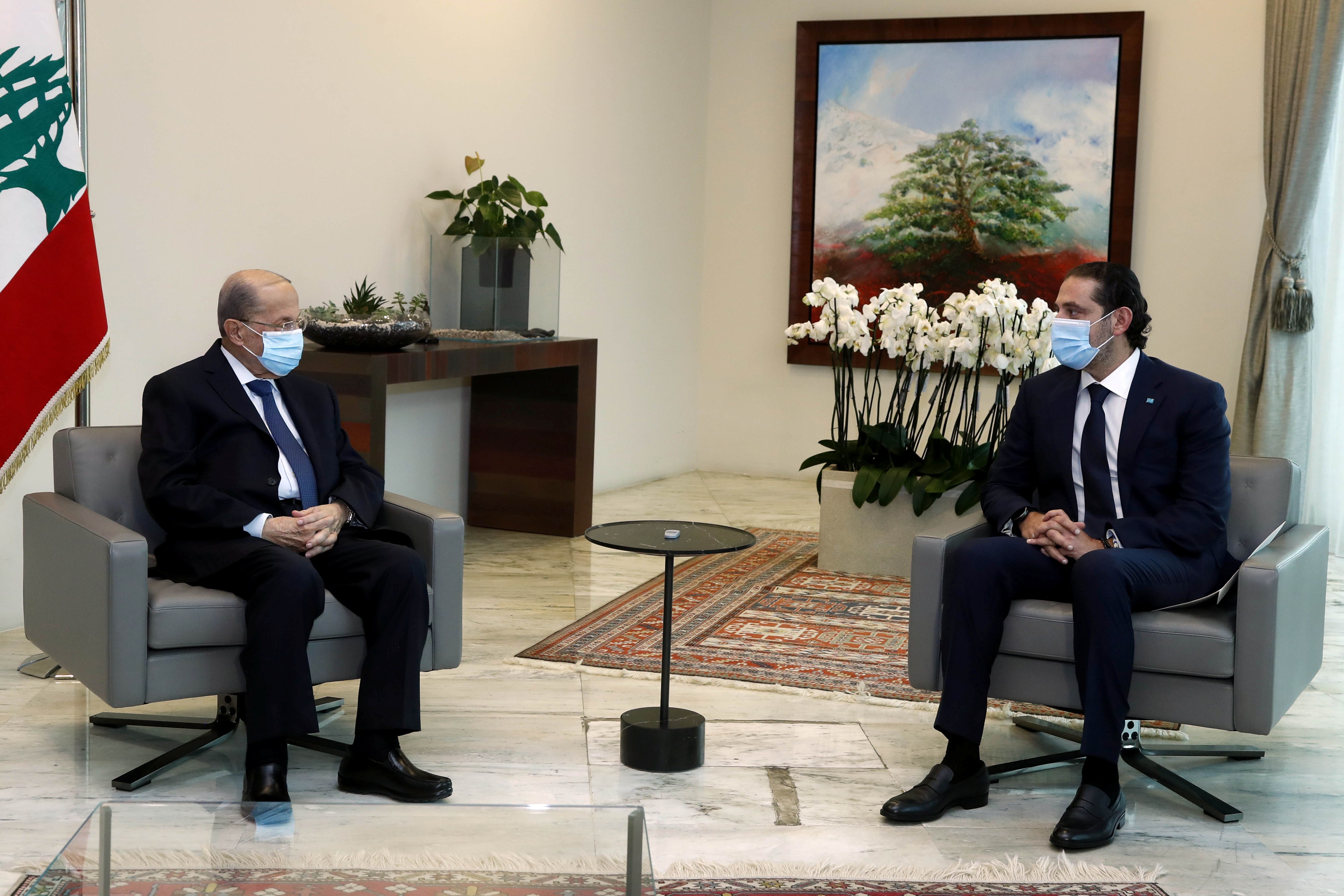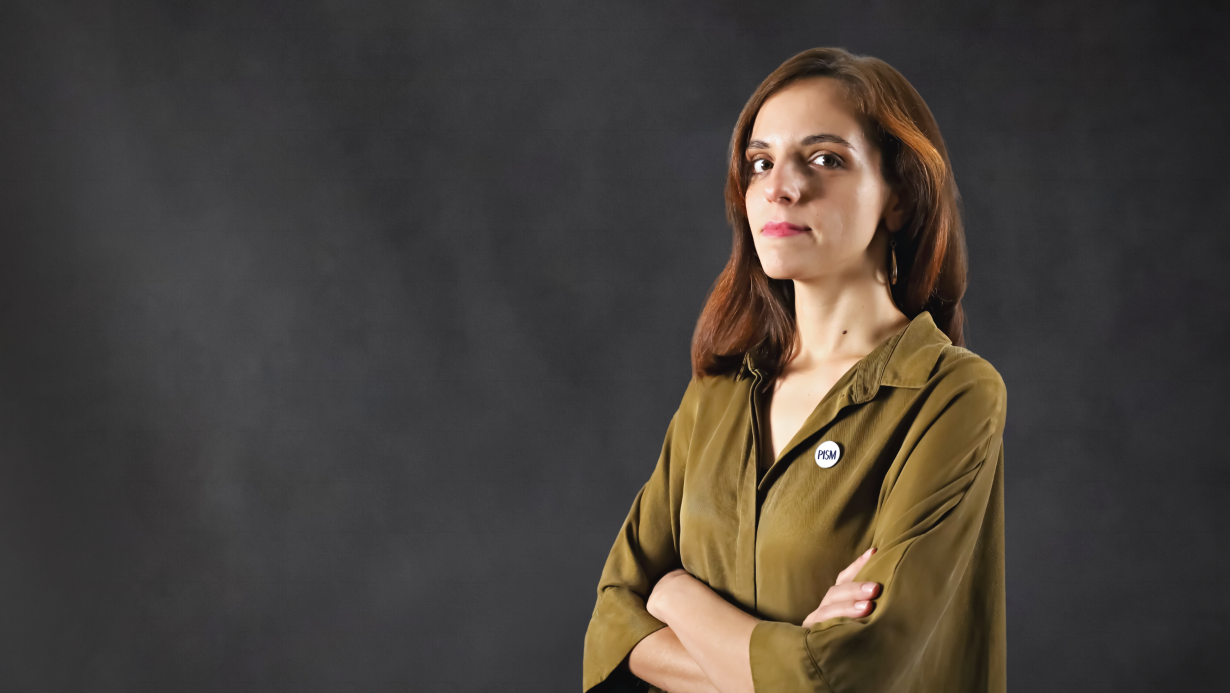Prospects for the Reconstruction of Lebanon

The significance of the economic and political crisis in Lebanon for the policy of other countries in the region and Western countries results from its role in hosting regional migrants and the contrary interests of rival countries in the Middle East. Despite a change of government since protests began in October 2019, the country’s political collapse was deepened by the explosion at the port of Beirut last August. The then Prime Minister Hassan Diab resigned, and two months later the parliament voted to appoint al-Hariri as the head of government, becoming the third prime minister appointed since the beginning of 2020. However, despite support for Hariri from France, Russia, and Arab monarchies in the Persian Gulf, the government composition proposed by Hariri did not obtain the approval of President Michel Aoun, which is necessary to form a cabinet. Aoun demanded that a third of the ministers be associated with the pro-presidential Free Patriotic Movement party or Hezbollah, allied with it. Fulfilling these demands would give Aoun’s allies the opportunity to dissolve the government because the constitution states that the resignation of a third of the ministers forces the resignation of the entire government. Hariri, chairman of the Future Stream party, which is competing with the Hezbollah-Movement coalition, did not accept this demand.
Internal Conditions
The beginning of the current political crisis stems from the economic collapse of the state. Lebanon has operated in conditions of fiscal and external imbalances for years. During the last decade, public expenditure exceeded revenues by an average of 9% of GDP each year. Lebanon remains the third most-indebted country in the world, with its government debt-to-GDP ratio rising from 150% to 174% in 2019. In October 2019, the central bank restricted the withdrawal of dollars, pegged to the Lebanese pound at a rate of 1,500 pounds to one dollar. In a country where many wages were paid in dollars, the shortfall led to a sharp fall in the value of the Lebanese pound on the black market, where it is now around 12,000 pounds to the dollar. The economic collapse and unpopular proposals for financial reforms (additional taxes on fuel or phone connections) led to an outbreak of protests. However, the new Hasan Diab government formed in January 2020 has failed to consolidate foreign donor support to help overcome the crisis. The August explosion deepened the erosion of Lebanese confidence in the political elite, which led to the return of protests in the capital.
The end of the political crisis is hampered by the system of consensual democracy in force in Lebanon. Under it, a specific number of seats in parliament and particular functions in the government are assigned to representatives of various religious groups. Today, this confessional system is based on the 1989 Taif Accord, which helped end the 1975-1990 civil war. Although it enabled the preservation of peace for 30 years and religious freedom—the high level of which distinguishes Lebanon from other countries in the region—the Lebanese demonstrated strong opposition to this system in recent protests. The confessional system deepens the divisions between faith groups and makes it difficult to introduce new entities into political life. The programmes of political parties refer mainly to the interests of individual religious groups at the expense of the interests of the entire state. It has increased the popularity of Hezbollah, perceived by the Shiites, who were marginalised until the beginning of the 21st century, as the most effective representative. At the same time, this system is conducive to the manipulation of Lebanon by regional powers. The perception of Hezbollah as an extension of Iran’s interests contributed to pressure from the Saudi monarchy on Hariri’s party for fear of a loss of influence in Lebanon through Sunni groups. In 2017, this led to a crisis in relations between the countries.
Foreign Initiatives
The neighbourhood of the war-torn Syria, as well as the ties between the main political groups and the authorities of rivals Saudi Arabia and Iran, make the risk of the Lebanese crisis turning into a civil war high. For the EU, the greatest threat posed by this situation is the potential influx of irregular migrants, especially in light of the large number of Syrian refugees (around 1.5 million) already in Lebanon. That is why the Union became involved in the reconstruction of the country’s economy. In 2018, during the CEDRE conference, the European Bank for Reconstruction and Development announced a conditional transfer of €1.1 billion to Lebanon in the form of loans (the funds were not transferred due to the lack of reform progress). In December last year, the EU, UN, and the World Bank launched the 18-month-long “3RF” programme, which assumes support for the people of Lebanon and assistance with needed reforms, including the fight against corruption and the negative effects of the confessional system. The ultimate goal is to strengthen the economy and political system so that Lebanon can develop in a sustainable manner on its own. The programme refers to the assumptions of the initiative presented by French President Emmanuel Macron during his visit to Beirut a few days after the explosion. These include the formation of an expert government, a central bank audit, and Lebanon’s cooperation with the International Monetary Fund (IMF). However, negotiations on IMF support were suspended in August 2020 due to the disagreement between the members of the government.
Due to the Hezbollah military faction’s support for Bashar al-Assad in the war in Syria, Russia, which is also backing the Syrian president, is interested in the crisis in Lebanon. The Russian authorities are committed to maintaining the status quo there. Unlike the U.S., Russia does not recognise Hezbollah as a terrorist organisation and does not seek to isolate it. In March, a party delegation met with the head of Russian diplomacy, Sergey Lavrov. The Russian minister stressed the importance of forming a new government with Hariri as prime minister. Hariri visited Russia in April to seek Russian support for the reconstruction of Lebanon.
Conclusions and Perspectives
Without financial and political support from abroad, it is impossible to contain the crisis in Lebanon. To be effective, actions must include the strengthening of state institutions with the broadest possible involvement of new actors in Lebanese political life, such as activists of civic organisations. The process will also benefit from the acceptance by Western and Arab states of all groups, including the political wing of Hezbollah, as an integral part of the Lebanese party scene. This will prevent its leaders from continuing the rhetoric that cites opposition to Hezbollah as inspired and imposed by Western countries (it influenced the withdrawal of some Hezbollah supporters from the protests and violence by them against demonstrators in 2019).
Changing the electoral law in line with the demands of the Lebanese should remain a priority of the political reform. In its present form, Lebanon’s consensual democracy makes it difficult for new participants to join the political scene, perpetuating the existing divisions within the population and the primacy of religious affiliation over the national one. Maintaining the status quo guarantees that parties that base their programmes on the interests of particular groups will maintain power, which deepens clientelism and corruption. Initially, the introduction of a majority system could lead to Hezbollah’s strengthening as the representative of the largest religious group in Lebanon. However, in the longer term, difficulties in its cooperation with Western states or the Persian Gulf (e.g., caused by the non-recognition of Israel or the increasing recognition of the party as a terrorist organisation by EU countries) and its participation in corruption may result in the party’s de-radicalisation and/or reduction of support.
However, the reform of the electoral system requires changes to the constitution, the introduction of which will not be possible without cross-party consensus (two-thirds of parliamentarians must support them). Breaking the deadlock between the Lebanese political factions requires foreign mediation. The present Permanent Representative of Poland to the UN, Joanna Wronecka, who in March this year was appointed UN Special Coordinator for Lebanon, could become involved in that process. To support her mission, Poland could increase its support for Lebanon, which is among the priority recipients of Polish aid (in 2020, Lebanon received PLN 17 million, while Mongolia, which is not a priority country, got PLN 25 million). It would also serve to achieve the goal of Polish foreign policy to act to reduce irregular migration.


